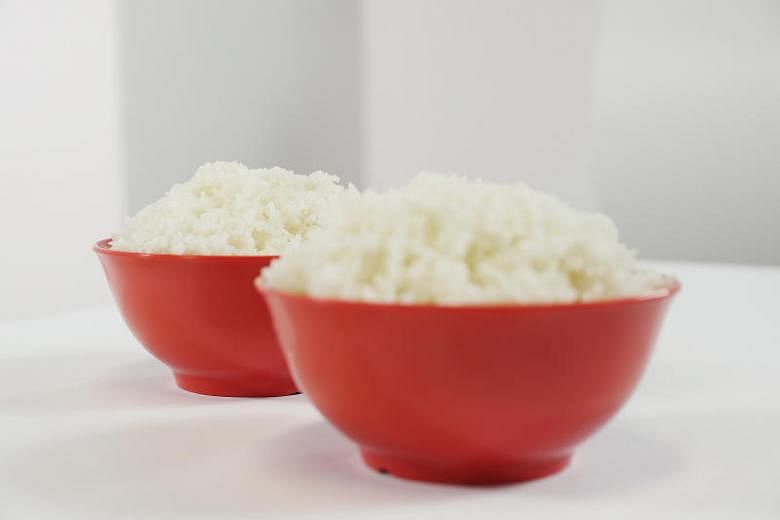The Health Promotion Board's advice is very helpful and timely in reminding people of the need to look at medical reports or study findings as a whole (Eating more rice may not reduce obesity, says HPB, May 20).
Lifestyle, dietary habits and physical activity differ in different contexts and these should be taken into consideration when applying the findings. For some, eating more rice may lead to metabolic syndrome and being predisposed to diabetes and other conditions. For these people, a balanced diet and moderation are in order.
We need to focus on evidence-based medical findings and medical practice, but we must always be aware of the possibility of fake news even in medicine, as well as the danger of drawing conclusions out of context.
Many dietary fads in the past have since faded and been found to not work or to produce unwelcome results. For example, eating only meat and protein while avoiding carbohydrates may result in initial weight loss, but it may also increase cholesterol levels and result in unhealthy consequences.
Recently, eggs have been touted as healthy; in the past, we were warned against excessive consumption of eggs.
For those who have high lipid levels and consume large amounts of red meat and protein, adding in excessive consumption of eggs may increase their lipid levels, as eggs contain quite a bit of saturated fat. On the other hand, eating a lot of eggs may be all right for those who are in need of nutrition to recover from ill health and those who are undernourished.
Some people with hypertension and high levels of "bad" low-density lipoprotein (LDL) cholesterol believe that they can correct the issues with exercise, as they have been told that exercise is part of a healthy lifestyle.
They need to know that exercise itself, without medication, does not lower their blood pressure but may in fact result in medical problems.
Exercise may increase the levels of "healthy" high-density lipoprotein cholesterol slightly, but without medication and a suitable diet, and with a genetic disposition, the LDL cholesterol may not be lowered substantially to prevent subsequent medical complications.
This is an example of how fake medical news can have tragic consequences, as some of these patients believe inaccurate stories about the "dangers" of cholesterol-lowering statin medications and, by refusing to take medication, are in danger of cardiovascular conditions in the future.
Quek Koh Choon (Dr)

